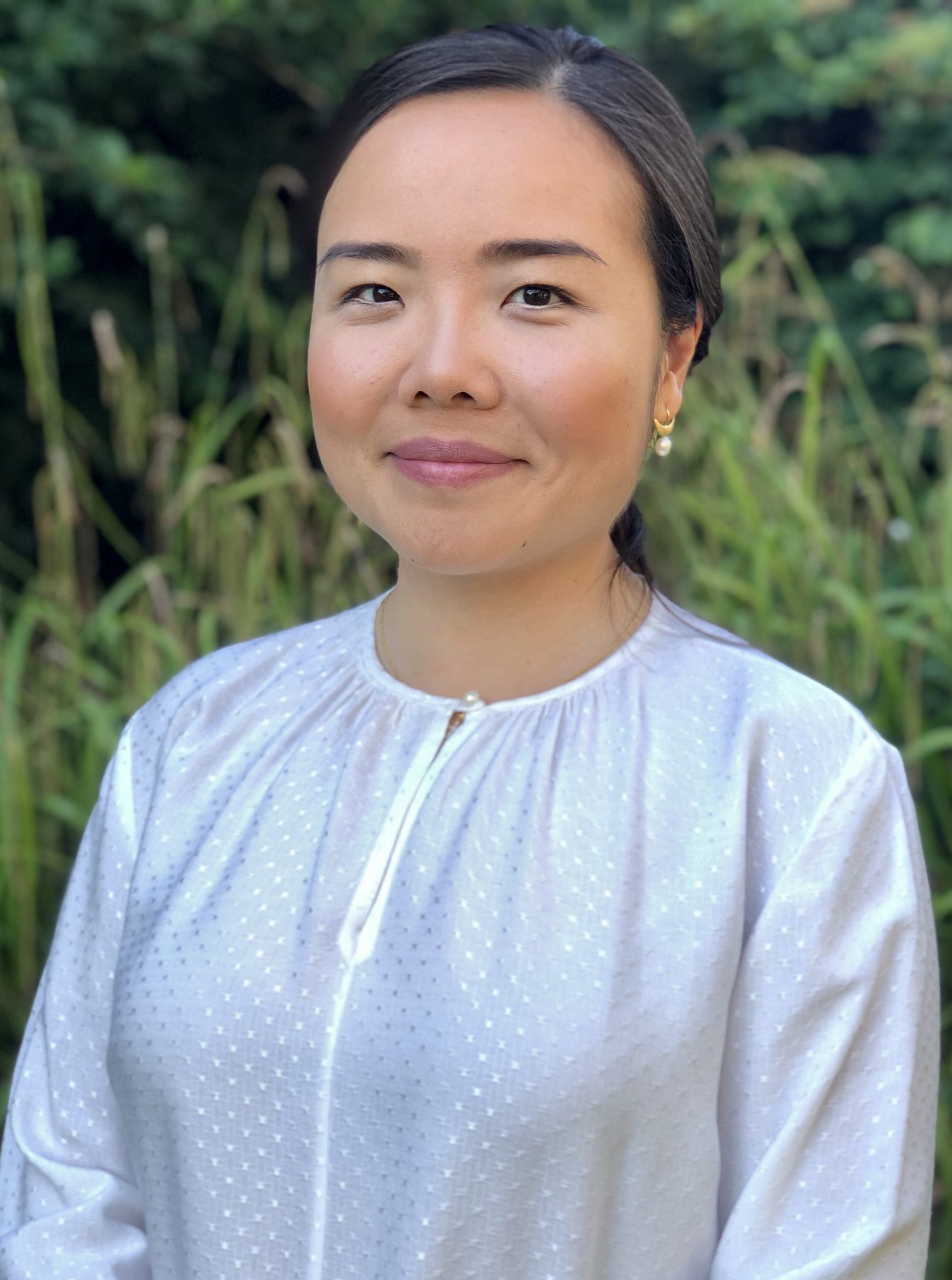
Country: Brazil/UK
Julia is a lawyer qualified in Brazil, a PhD candidate with the University of Strathclyde's Centre for Environment Law and Governance (SCELG) and an international legal expert with the Development Law Service (LEGN) of the United Nation's Food and Agriculture Organization (FAO). Julia holds an LL.B. with an additional domain in International Politics from the Pontifical Catholic University of Rio de Janeiro (PUC-Rio), Brazil, an LL.M. with merit in global environment and climate change law from the University of Edinburgh, UK, and is a member of the Brazilian Bar Association since 2014.
Julia's research at SCELG focuses on international law for sustainable small-scale fisheries (SSF). Based on ecosystem- and human-rights- based approaches, her research aims to clarify how international law supports SSF's participation in co-managing and conserving straddling fish stocks and highly migratory fish stocks, which are targeted by SSF. Her work at FAO mainly concerns the implementation of FAO's Voluntary Guidelines for Securing Sustainable Small-Scale Fisheries in the Context of Food Security and Poverty Eradication (SSF Guidelines), the Convention on International Trade in Endangered Species of Wild Fauna and Flora (CITES), the ecosystem approach to fisheries (EAF) and FAO's Deep-Sea Fisheries Guidelines.
Q: What are you currently working on within the context of small-scale fisheries?
I am about to conclude the second year of my PhD research and have been working on three articles related to the SSF Guidelines. At FAO, I am developing a legal tool to assist SSF actors, especially those acting as legal practitioners and policy-makers, in their implementation of the SSF Guidelines. This tool will support them in analysing the alignment of their policy and legal framework with the SSF Guidelines. I am also involved in the implementation of an EAF in various countries, assessing their policy and legal instruments' alignment with an EAF. EAF components include fostering the participation of lower-level authorities, including SSF people, in fisheries management and conservation.
2. If you could single out one or two most significant factors for securing sustainability of small-scale fisheries, what would these factors be?
In my view, the most significant challenges SSF face are the lack of clear understanding by SSF people about their rights (i.e. tenure rights, human rights) and their duties as well as on how they can access justice to secure their rights and ensure their duties do not fall disproportionate on them.















